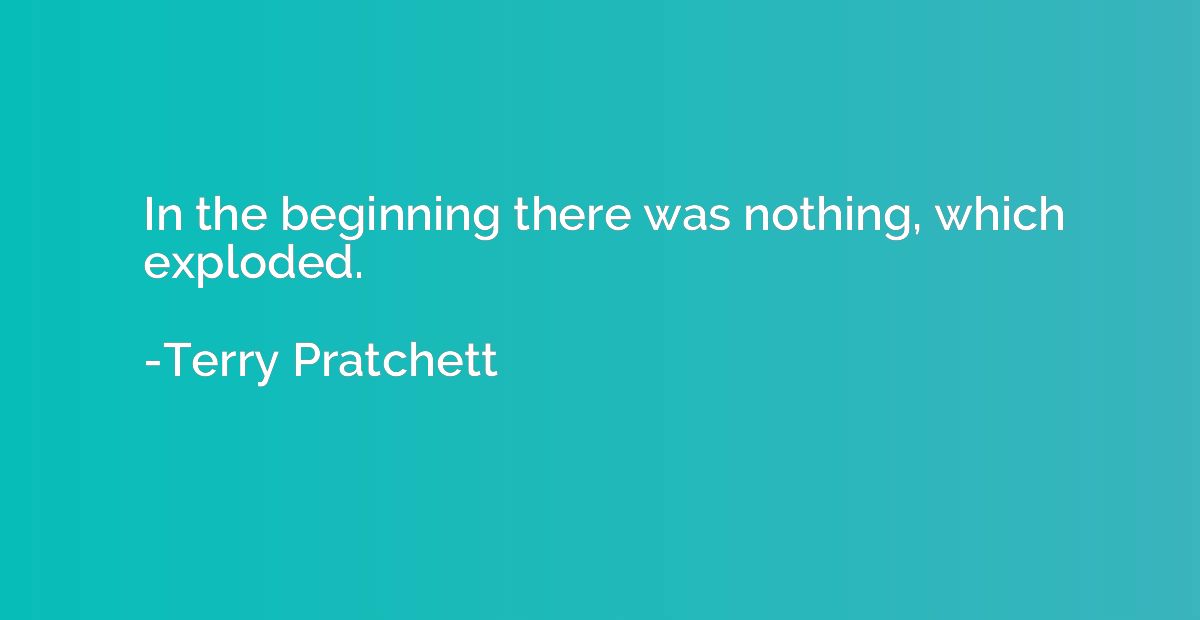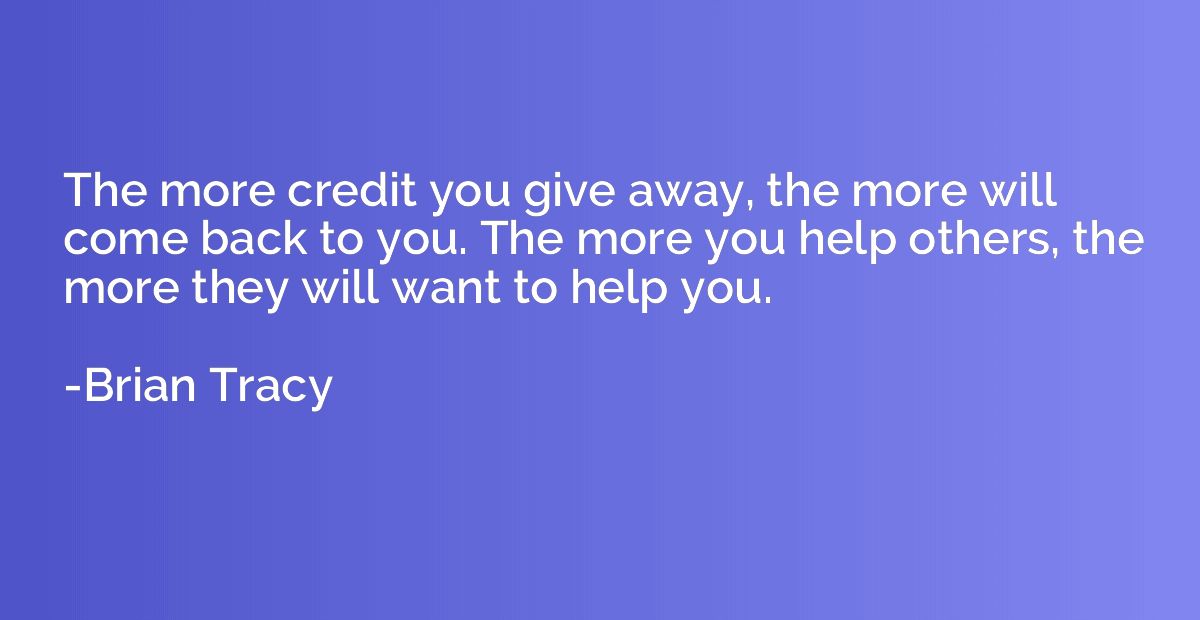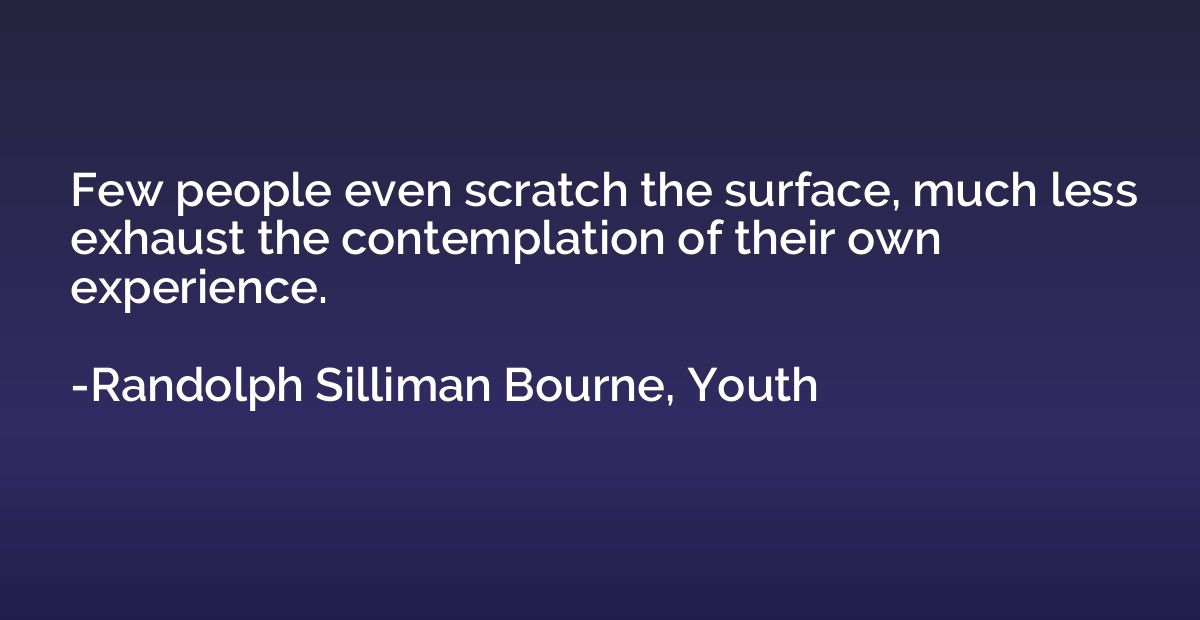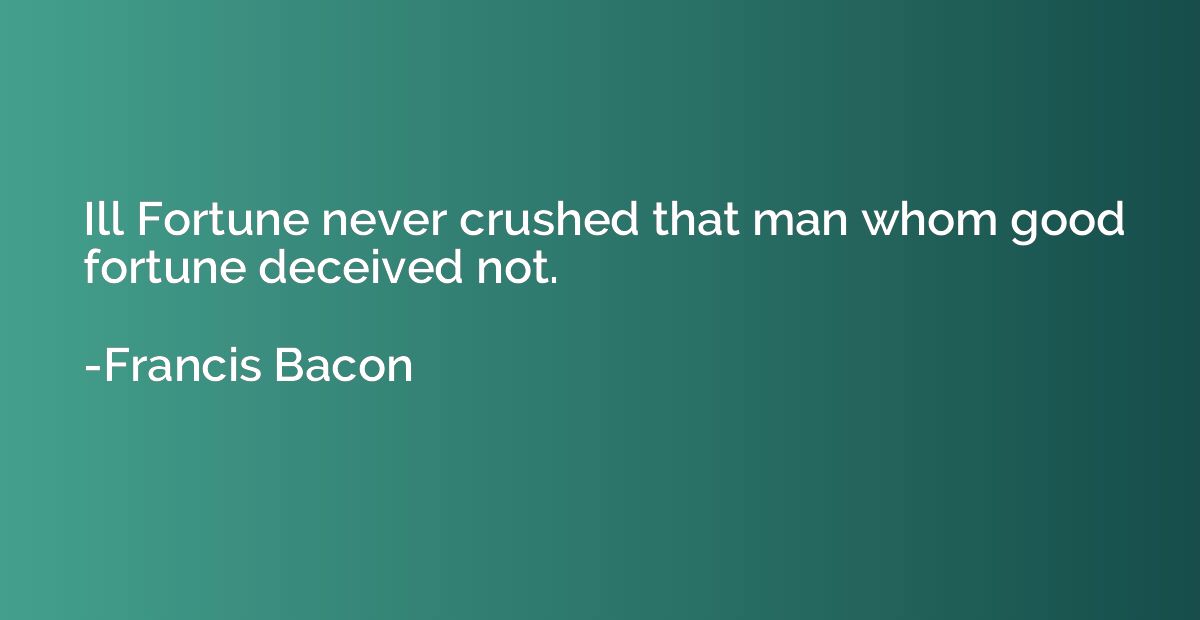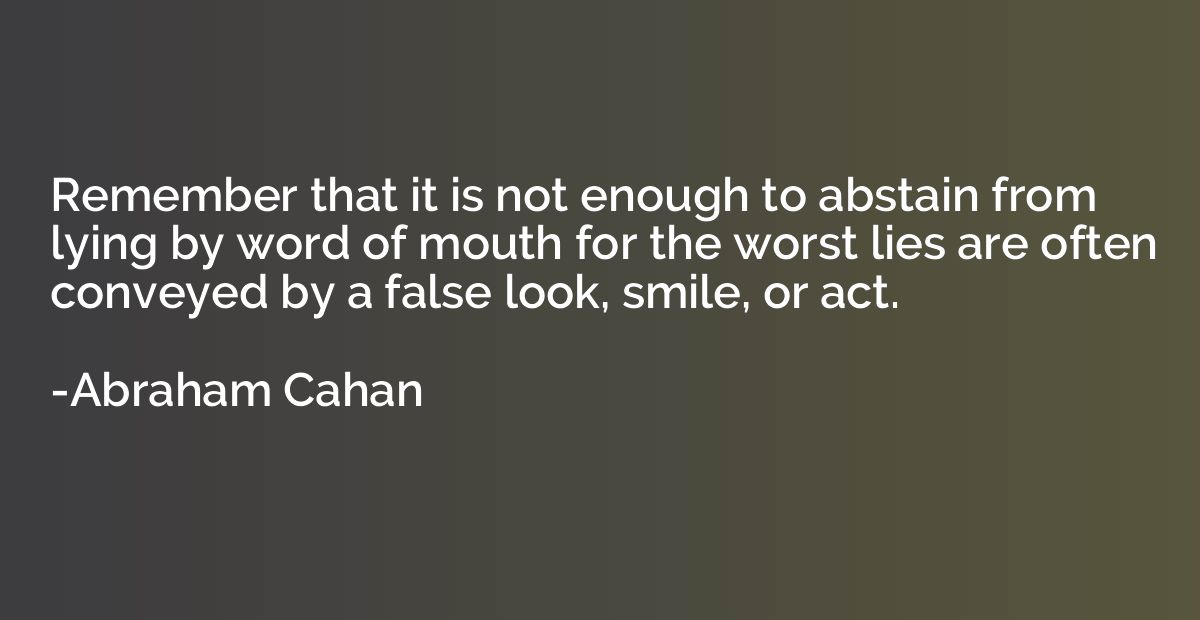Quote by Donald Cargill
I have followed holiness, I have taught truth, and I have been most in the main things not that I thought the things concerning our times little, but that I thought none could do anything to purpose in God's great and public matters, till they were right in their conditions.
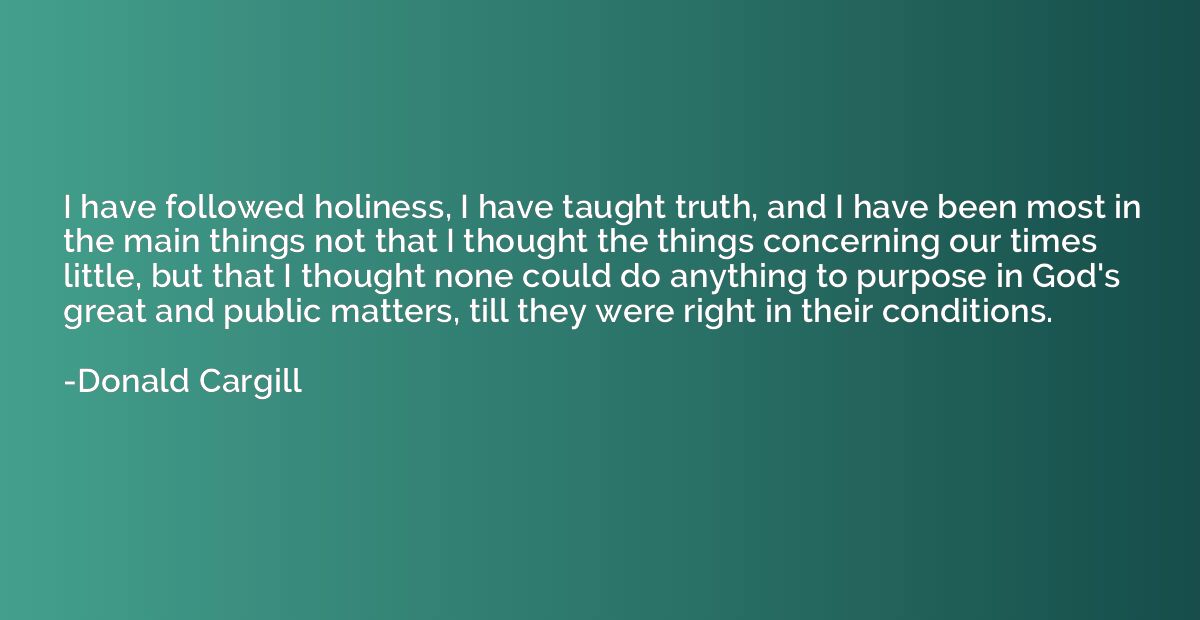
Summary
The quote emphasizes the importance of personal righteousness and character in affecting positive change in the world. The speaker states that they have prioritized pursuing holiness and teaching truth, believing that one cannot effectively contribute in significant matters until they have their own moral standing in order. It suggests that tackling larger societal issues requires individuals to first cultivate integrity, suggesting that personal transformation is a crucial prerequisite for meaningful impact on a broader scale.




